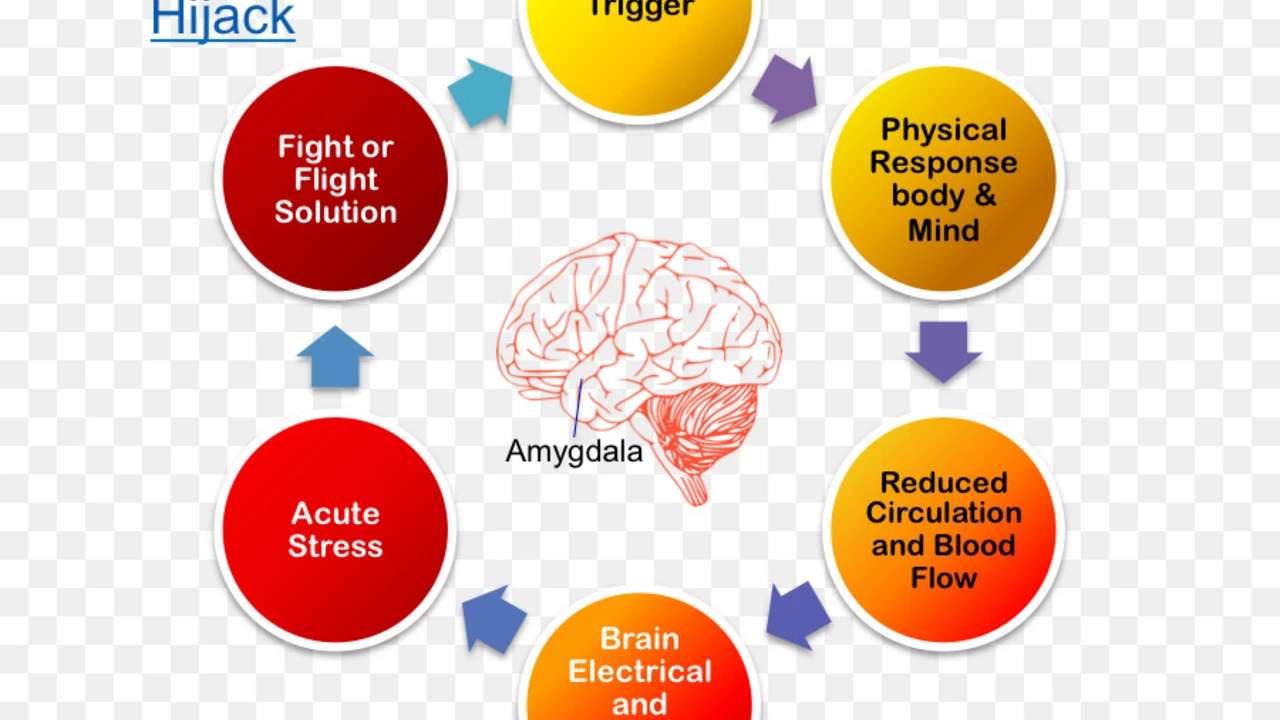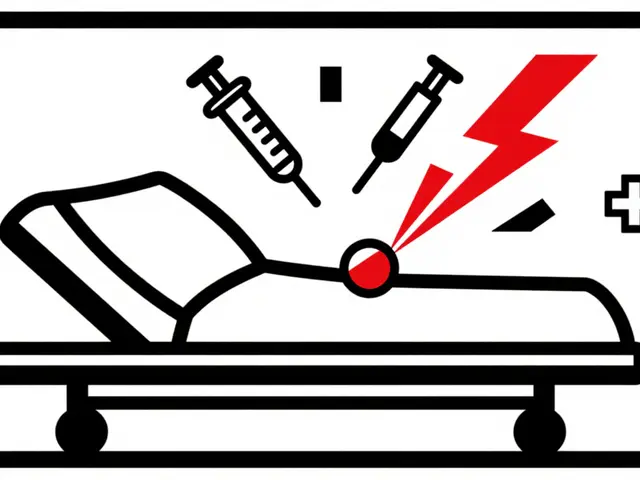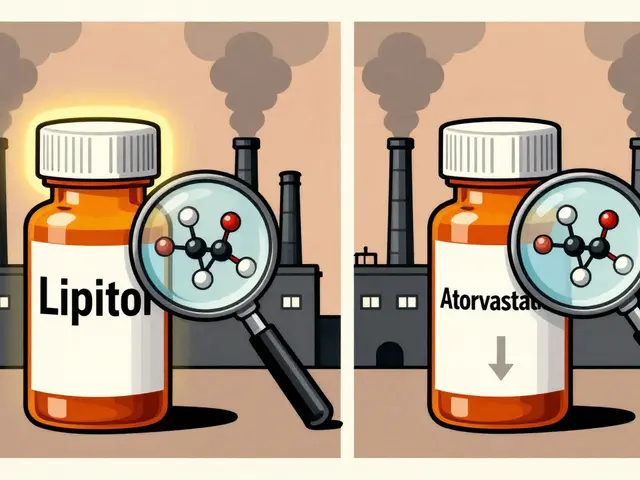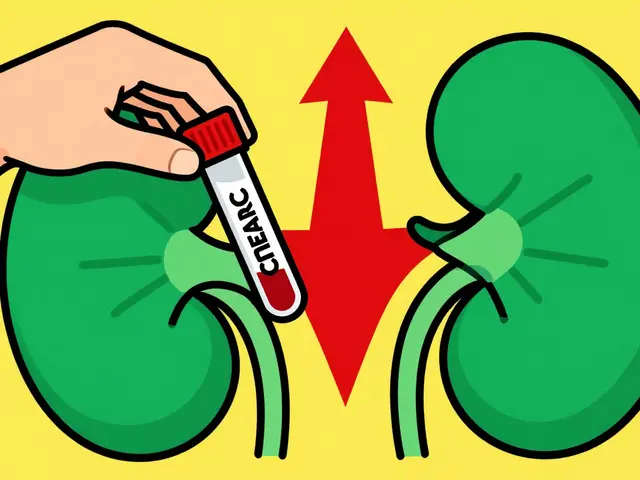Understanding Medication and Supplement Effects
If you’ve ever taken a new pill or herb and wondered why you felt weird afterward, you’re not alone. Knowing what to expect from a drug’s effects helps you avoid surprises and keep your health on track.
Why Effects Matter
The word “effects” covers everything a substance does inside your body – good or bad. Some drugs are meant to lower blood pressure, others boost energy, while some cause nausea as they work. Recognizing the difference between intended benefits and unwanted side effects lets you decide if a product is right for you.
Most labels list common effects, but real‑world experiences often add detail. For example, people taking Lipitor might notice muscle aches that aren’t in the brochure. Reading user stories alongside official info gives a fuller picture.
How to Spot and Manage Side Effects
The first step is paying attention. Write down any new symptom, when it started, and how severe it feels. If you notice a pattern – like a headache every time you start a new antihistamine – that’s a clue.
Next, compare your notes with the drug’s known side‑effect list. If something looks serious (e.g., swelling, trouble breathing), stop the medication and call a healthcare professional right away. For mild issues like dry mouth or mild stomach upset, simple fixes often work: drink more water, take the pill with food, or adjust timing.
Don’t guess – ask your pharmacist or doctor. They can suggest alternatives that have fewer unwanted effects. For instance, if Solian makes you feel drowsy, a different antipsychotic might give the same benefit without that sleepy feeling.
Finally, remember that everyone’s body reacts differently. What’s a minor effect for one person could be big for another. Trust your own experience and keep communication open with your care team.
On this tag page you’ll find quick guides on the effects of popular meds – from cholesterol‑lowering statins to allergy antihistamines – plus real‑world tips on staying safe. Use these insights to make informed choices, reduce guesswork, and enjoy better health outcomes.






